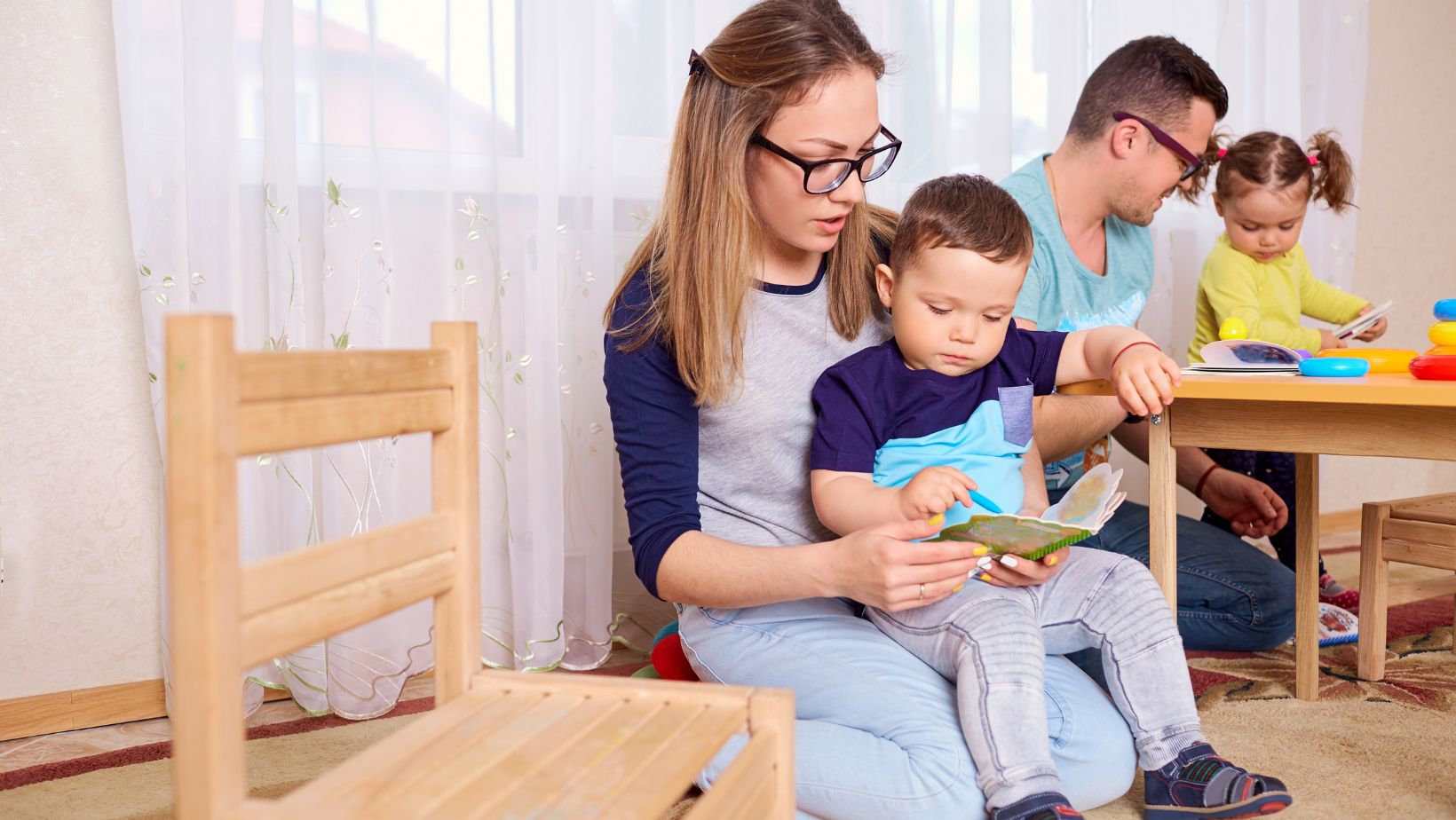In the fast-paced digital era, fostering positivity and physical activity in children has become more crucial than ever. With the prevalence of screens and sedentary lifestyles, parents and educators alike are seeking effective strategies to empower the next generation. In this article, we will explore innovative ways to instill positivity and encourage physical activity in children. Let’s delve into actionable methods that can shape a brighter and healthier future for the youth.
The Power of Positivity
In a world filled with challenges, teaching children the art of staying positive is a skill that will serve them well throughout their lives.
Foster a Growth Mindset:
Encourage children to embrace challenges and view failures as opportunities for growth. Teach them that their abilities can be developed through dedication and hard work. This mindset not only instills resilience but also promotes a positive outlook on life.
Positive Affirmations:
Introduce the practice of positive affirmations to children. Help them create a list of affirmations that focus on their strengths and potential. Repeat these affirmations regularly, fostering a sense of self-confidence and optimism.
Gratitude Journaling:
Promote the habit of gratitude by encouraging children to keep a journal where they write down things they are thankful for each day. This simple practice cultivates a positive mindset by shifting the focus from what’s lacking to what is present and valuable in their lives.
Model Positivity:
Children learn by example, so it’s essential for adults to model a positive attitude. Demonstrate resilience in the face of challenges and showcase an optimistic perspective. This creates a positive environment for children to thrive in.
Active Lifestyle for Healthy Minds and Bodies
Physical activity is not just essential for physical health; it also plays a significant role in mental well-being.

Incorporating active habits early on can set the foundation for a lifetime of healthy living.
Make Exercise Fun:
Engage children in activities that they enjoy. Whether it’s playing a favorite sport, dancing, or engaging in outdoor games, making exercise enjoyable ensures that they stay active without feeling forced.
Family Fitness:
Promote family-oriented physical activities. Whether it’s hiking, biking, or playing a game of soccer together, involving the entire family not only keeps everyone active but also strengthens family bonds.
Limit Screen Time:
Excessive screen time has been linked to sedentary behavior in children. Set reasonable limits on screen time, encouraging children to engage in physical activities instead. This could include going for a walk, playing a sport, or participating in organized soccer training.
Embrace Unstructured Play:
Allow children to engage in unstructured playtime, fostering creativity and physical activity. Unstructured play helps develop motor skills, problem-solving abilities, and social skills – all essential elements for a well-rounded individual.
Integrating Soccer Training for Holistic Development
Soccer training provides a comprehensive approach to physical and mental development in children. According to FPRO™, soccer training combines elements of teamwork, discipline, and fitness, making it an ideal sport for holistic growth.
Teamwork and Collaboration:
Soccer is inherently a team sport, emphasizing the importance of collaboration. Children learn to work together, communicate effectively, and understand the value of collective success. These skills extend beyond the soccer field and into various aspects of their lives.
Discipline and Goal Setting:
Being part of a soccer team introduces children to the principles of discipline and goal setting. Regular practice sessions and adherence to team strategies instill a sense of responsibility and commitment, fostering habits that can be applied in academics and other activities.
Physical Fitness:
Soccer involves constant movement, promoting cardiovascular health, and overall physical fitness. The dynamic nature of the sport helps improve agility, coordination, and endurance, contributing to a healthier lifestyle.
Building Confidence:
Success in soccer, whether it’s scoring a goal or making a critical play, boosts a child’s confidence.

Positive experiences on the soccer field translate into increased self-esteem and a belief in their abilities, contributing to a positive self-image.
Conclusion:
Empowering the next generation involves a multi-faceted approach that addresses both the mental and physical aspects of a child’s development. By instilling positivity, encouraging an active lifestyle, and integrating sports like soccer training, we can equip children with the tools they need to navigate life with resilience and confidence. As we invest in the well-being of our youth, we pave the way for a future generation that is not only physically fit but also emotionally resilient and positive.























